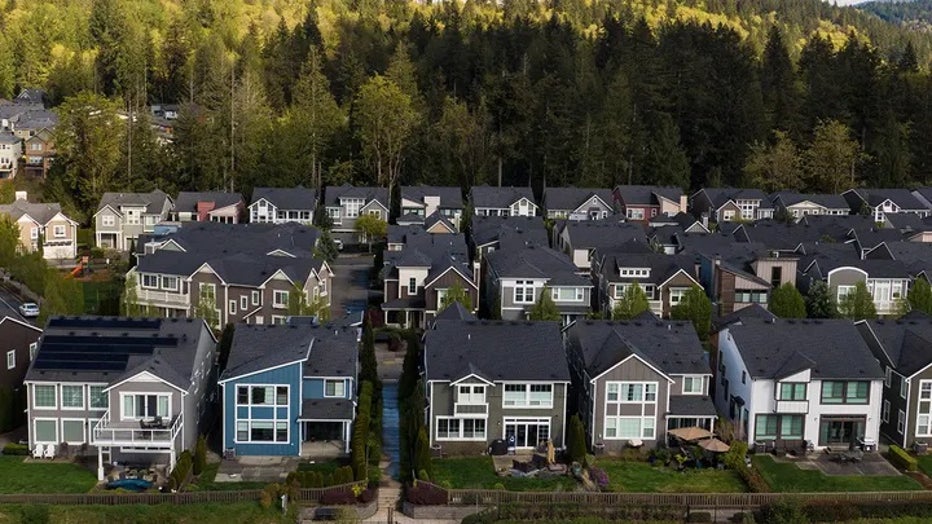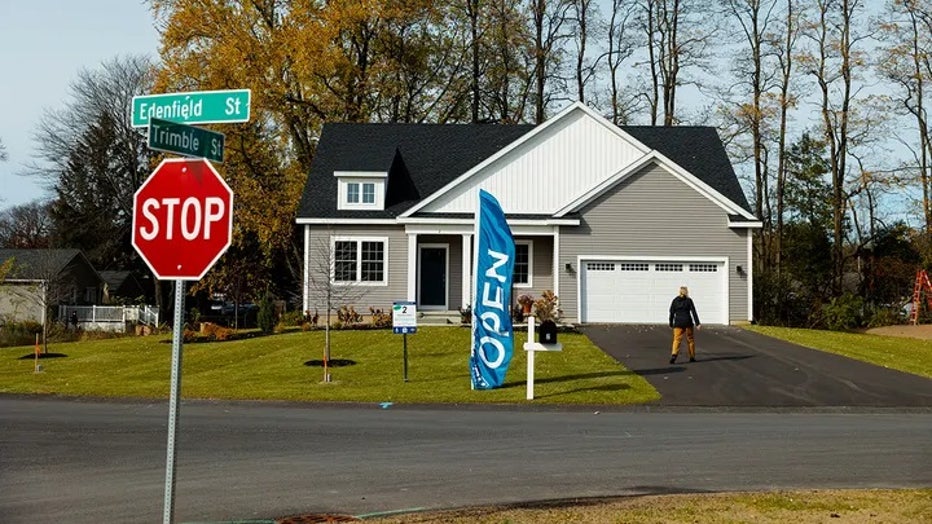Foreclosures on the rise again nationwide — A look at the hardest hit states

Real Estate Settlement: Impact for buyers & sellers
Real estate developer Uri Man shares insight to how this settlement is shaking up the entire housing market
Home foreclosures rose again in May as Americans continue to grapple with the ongoing cost-of-living crisis.
That is according to a new report published by real estate data provider ATTOM, which found that there were 32,621 properties in May with foreclosure filings, which includes default notices, scheduled auctions and bank repossessions. That marks a 3% increase from the prior year, although it is down 7% from the same time last year.
"May’s foreclosure activity highlights nuanced shifts in the housing market," said ATTOM CEO Rob Barber. "While we observed a slight increase in foreclosure starts, the decline in completed foreclosures indicates resilience in certain areas."
Nationwide, about one in every 4,320 housing units had a foreclosure filing in May, according to the report. But the problem was worse in several states. New Jersey experienced the highest rate of foreclosures last month, with about one in every 1,939 homes receiving a foreclosure notice — more than double the national average.
RENT PRICES ARE STAGNATING, SUGGESTING HIGH INFLATION MAY STICK AROUND

Homes in the Issaquah Highlands area of Issaquah, Washington on April 16. (David Ryder/Bloomberg via Getty Images / Getty Images)
Delaware registered foreclosure filings for every 2,595 homes, while Connecticut saw one for every 2,600 and Florida got one for every 2,638.
The problem could soon get worse as high home prices, steep mortgage rates, property taxes and rising insurance premiums bite Americans.
Housing affordability is the worst it has been in decades, thanks to a spike in home prices and mortgage rates. Combined, the two have helped to push the typical salary required nationwide for homeownership up to $106,500 — a stunning 61% increase from the $59,000 required just four years ago, according to Zillow.
There are several reasons to blame for the affordability crisis.
Years of underbuilding fueled a shortage of homes in the country, a problem that was later exacerbated by the rapid rise in mortgage rates and expensive construction materials.
WHY CAN'T YOU FIND A HOME FOR SALE?
Available home supply remains down 34.3% from the typical amount before the COVID-19 pandemic began in early 2020, according to a separate report published by Realtor.com.

A display home at the Cold Spring Barbera Homes subdivision in Loudonville, New York, on Nov. 8, 2023. (Angus Mordant/Bloomberg via Getty Images / Getty Images)
Higher mortgage rates over the past three years have also created a "golden handcuff" effect in the housing market. Sellers who locked in a record-low mortgage rate of 3% or less during the pandemic began have been reluctant to sell, limiting supply further and leaving few options for eager would-be buyers.
Economists predict that mortgage rates will remain elevated in 2024 and that they will only begin to fall once the Federal Reserve starts cutting rates. Even then, rates are unlikely to return to the lows seen during the pandemic. On top of that, investors are growing skeptical about the odds of a Fed rate hike this year given the string of hotter-than-expected inflation reports at the beginning of the year.
GET FOX BUSINESS ON THE GO BY CLICKING HERE
Mortgage buyer Freddie Mac said Thursday that the average rate on a 30-year loan fell to 6.95%. While that is down from a peak of 7.79% in the fall of 2023, it remains sharply higher than the pandemic-era lows of just 3%.
Most homeowners say they are nearly twice as willing to sell their home if their mortgage rate is 5% or higher, according to a separate Zillow survey. Currently, about 80% of mortgage holders have a rate below 5%.
LINK: Get updates on this story and more at foxbusiness.com.

